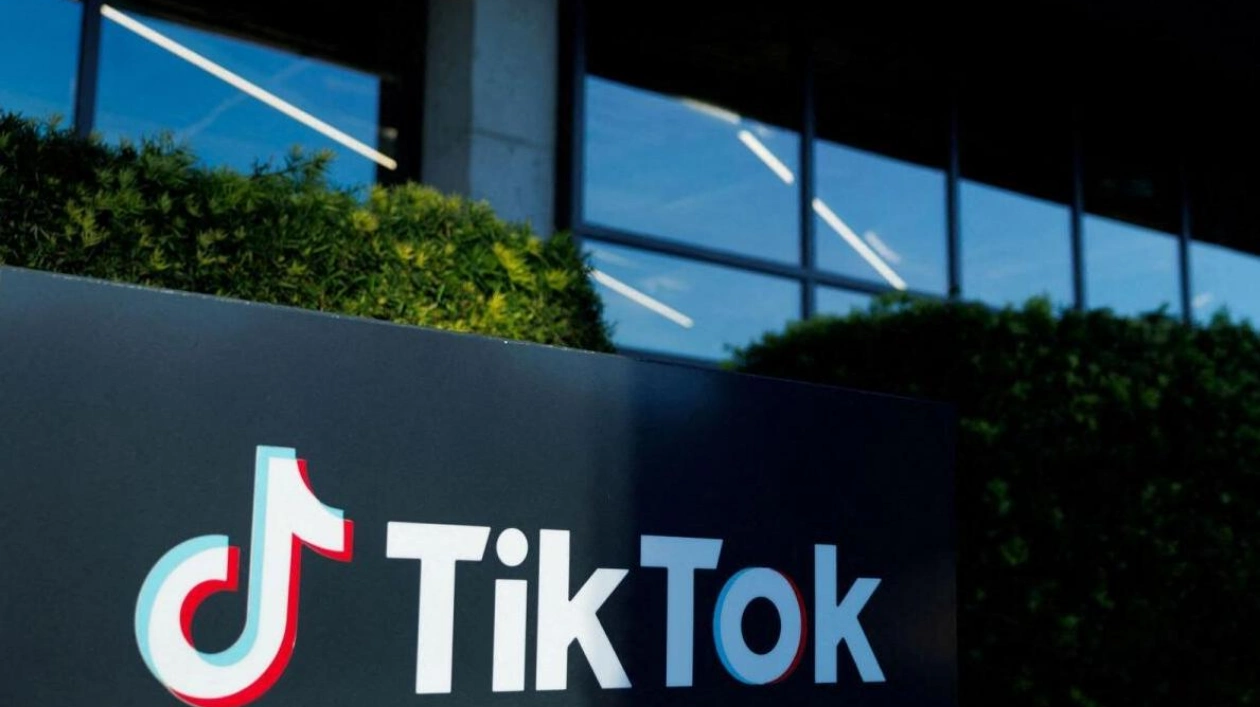On Monday, TikTok will endeavor to persuade a federal court that a law mandating the video-sharing app to divest from its Chinese ownership or face a ban in the United States is unconstitutional. The issue of Americans' access to TikTok has become a significant point in the nation's political discourse, with Republican presidential candidate Donald Trump opposing any ban on the highly popular app. Democratic President Joe Biden, whose vice-president Kamala Harris is running against Trump, enacted the law that requires TikTok to relinquish its Chinese ownership by January or be removed from the US market. ByteDance, TikTok's parent company, has declared it has no intention to sell TikTok, making the app's legal appeal—centered on US guarantees for free speech—its sole option for survival. A ban would likely elicit a robust response from the Chinese government and further exacerbate US-China relations. A three-judge panel of the US Court of Appeals for the D.C. Circuit will hear arguments from TikTok, ByteDance, and a group of users. They will primarily argue that the law infringes on free speech rights. The judges will render their decision in the coming weeks or months, but regardless of their verdict, the case is expected to reach the US Supreme Court.
"There is no question: the Act will force a shutdown of TikTok by January 19, 2025," TikTok's appeal stated, "silencing those who use the platform to communicate in ways that cannot be replicated elsewhere". TikTok also contended that even if divestiture were feasible, the app "would still be reduced to a shell of its former self, stripped of the innovative and expressive technology that tailors content to each user". TikTok maintains that "the Constitution is on our side", as it seeks a ruling that would benefit the app and its 170 million American users. The US government counters that the law addresses national security concerns, not speech, and that ByteDance cannot claim First Amendment rights in the United States.
"Given TikTok's broad reach within the United States, the capacity for China to use TikTok's features to achieve its overarching objective to undermine American interests creates a national-security threat of immense depth and scale," the US Justice Department wrote in its filing. The US argues that ByteDance could and would comply with Chinese government demands for data about US users, or yield to Chinese government pressure to censor or promote content on the platform. TikTok first faced scrutiny under former president Trump's administration, which unsuccessfully attempted to ban it. That effort was halted when a federal judge temporarily blocked Trump's move, citing in part the potential infringement of free speech rights. Trump has since altered his stance.
"For all of those that want to save TikTok in America, vote for Trump," he said in a video post last week. In a testament to the app's popularity, Biden's reelection campaign created a TikTok account earlier this year. Biden has since withdrawn from his re-election bid, but Harris, running in his place, also maintains a presence on the app, having embraced social media as a means to communicate with younger voters. The new effort signed by Biden was designed to overcome the previous legal obstacles Trump faced, but some experts believe the US Supreme Court will struggle to allow national security considerations to outweigh free speech protections. Much of the US side's national security arguments are sealed, which "complicates efforts to evaluate" them, said professor Carl Tobias of the University of Richmond School of Law.
"However, the US Supreme Court has generally been very cautious about accepting national security arguments when government regulation restricts First Amendment rights, especially involving the internet," he added.






